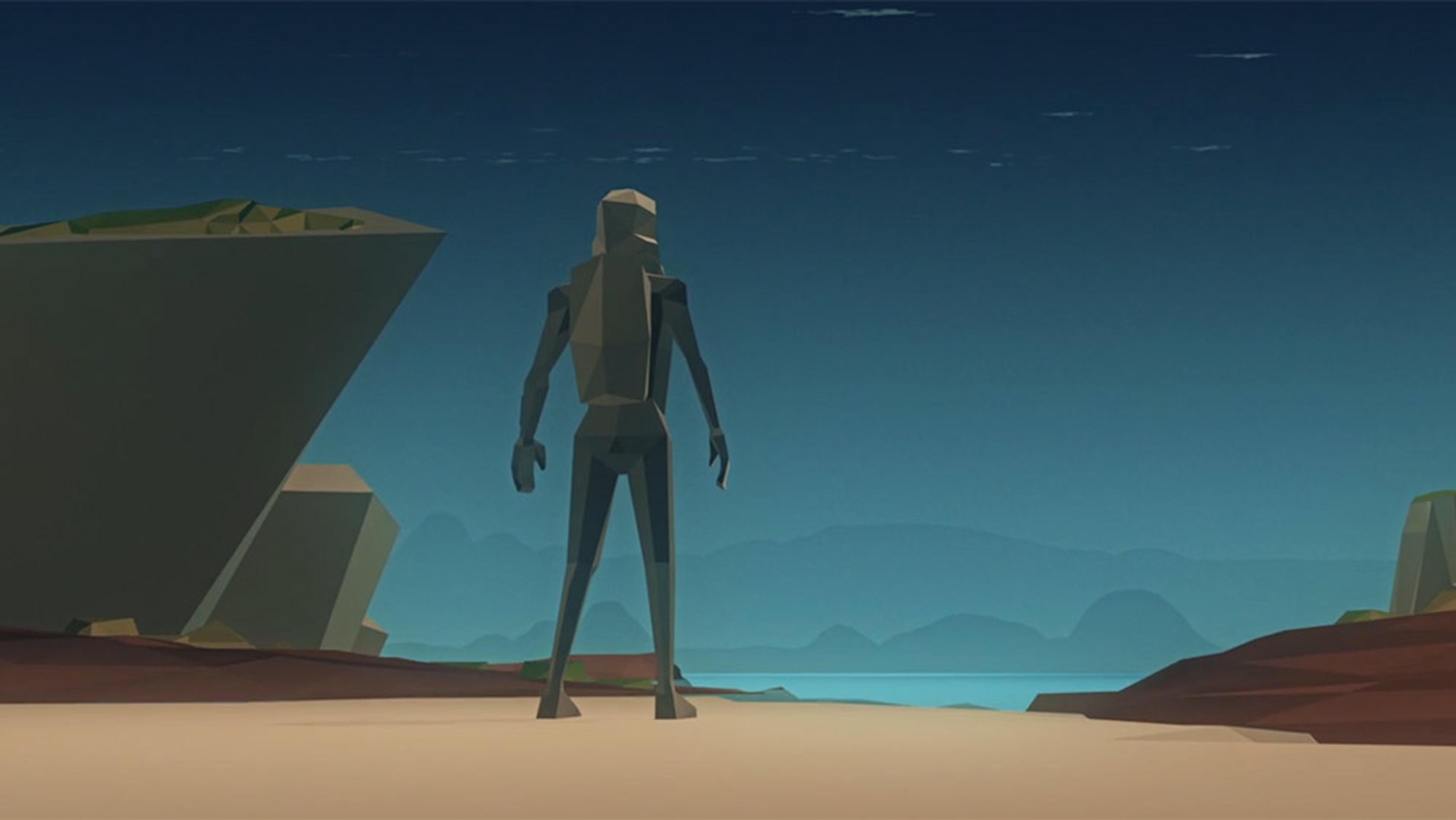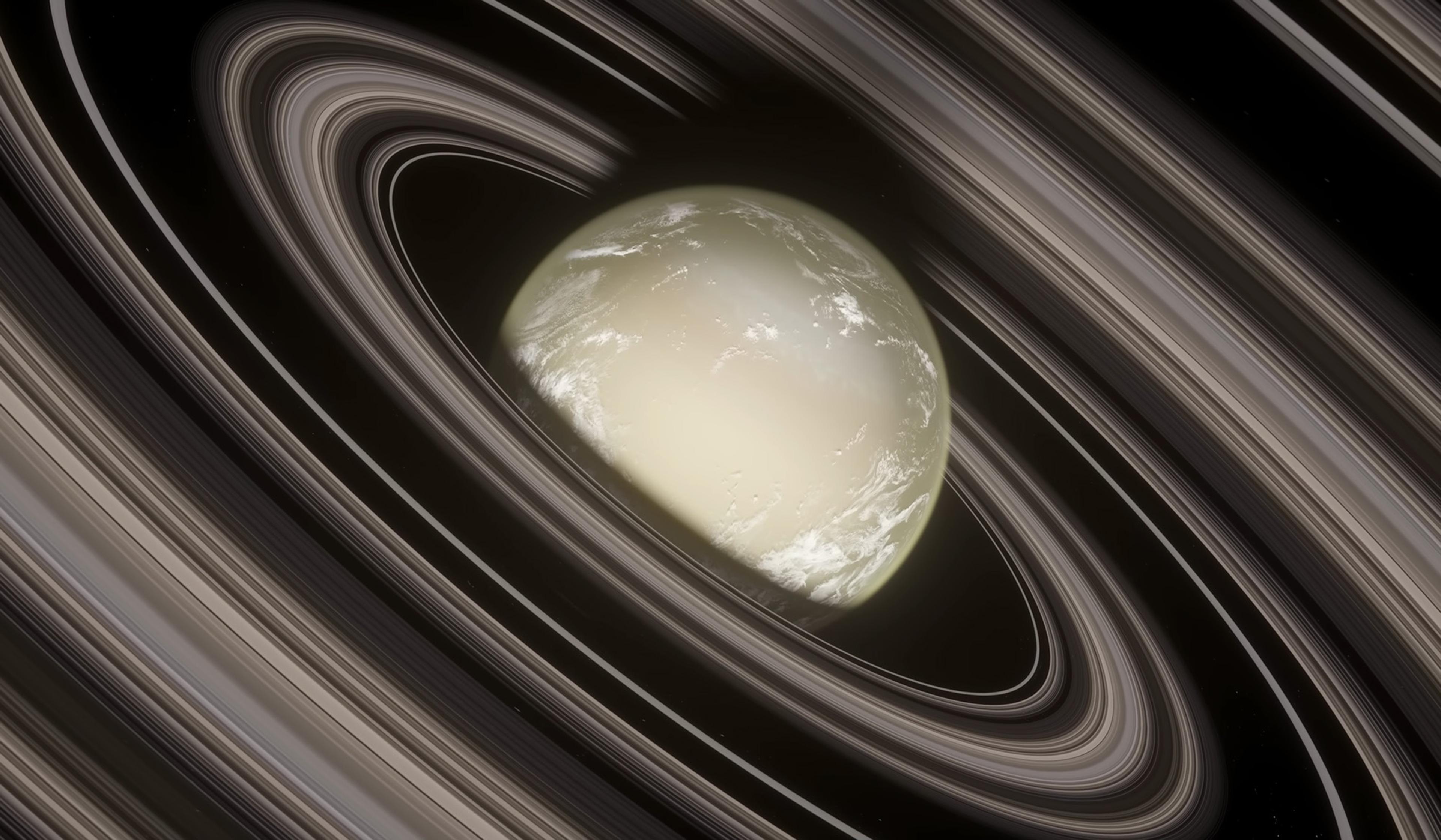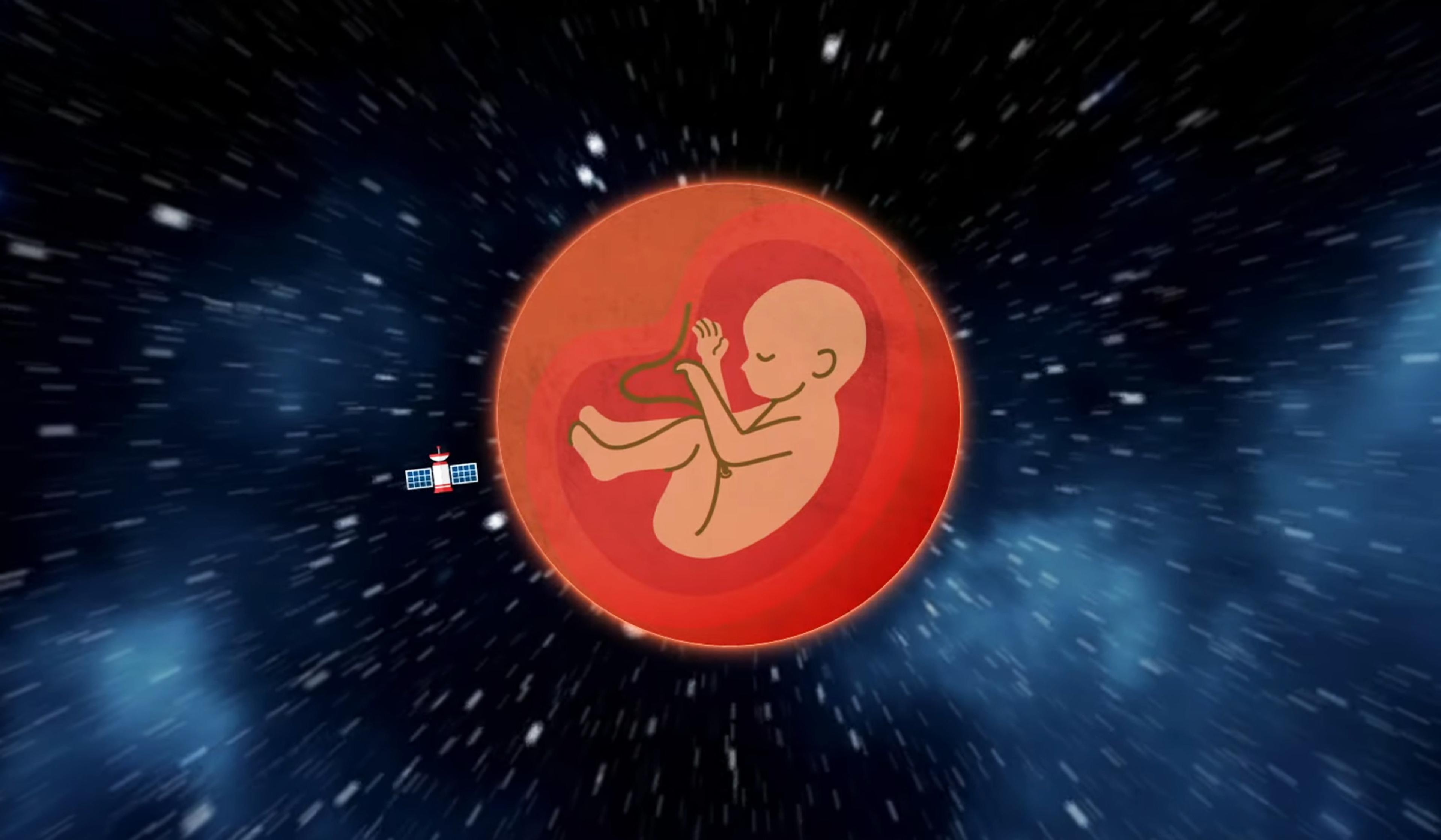When NASA successfully landed the Mars Exploration Rover Opportunity – nicknamed ‘Oppy’ – in 2004, the plan was to explore the Martian terrain for 90 days. Through expert engineering and careful handling, Oppy was able to exceed its designed lifespan 60 times over, exploring the planet for nearly 15 years. Over the course of its impressive expedition, Oppy made a number of key geological discoveries and broke several records, including longest off-world distance travelled at 28 miles. Then, in 2018, following one of the most intense dust storms ever recorded on Mars, Oppy relayed its final message to Earth: ‘My battery is low and it’s getting dark.’ This short video from the US filmmaker John D Boswell, also known as Melodysheep, uses images captured by Oppy and music composed using the sounds of Martian winds to pay anthropomorphic tribute to the resilient rover – and by extension, those responsible for its awe-inspiring journey.
What the Martian surface looked like to Oppy – humanity’s most resilient rover
Video by John D Boswell
Website: Melodysheep

videoSpace exploration
Could we make a home on Mars? It would be a very unique psychological situation
3 minutes

videoSpace exploration
How the Rosetta space probe brings a distant comet into vivid focus
3 minutes

videoSpace exploration
What it’s like to land on a comet 300 million miles away
4 minutes

videoSpace exploration
A tour of Mars assembled from NASA images reveals a wondrous but uninviting planet
5 minutes

videoSpace exploration
Embark on an interstellar, operatic adventure with the Voyager spacecrafts
15 minutes

videoSpace exploration
How 3D-printing robots will get Mars home-ready for our arrival
5 minutes

videoSpace exploration
Burning ice, metal clouds, gemstone rain – tour the strangest known exoplanets
31 minutes

videoSpace exploration
Would children born beyond Earth ever be able to return to humanity’s home planet?
5 minutes

videoOceans and water
See what no human eyes have seen before, deep in the sea off Western Australia
5 minutes